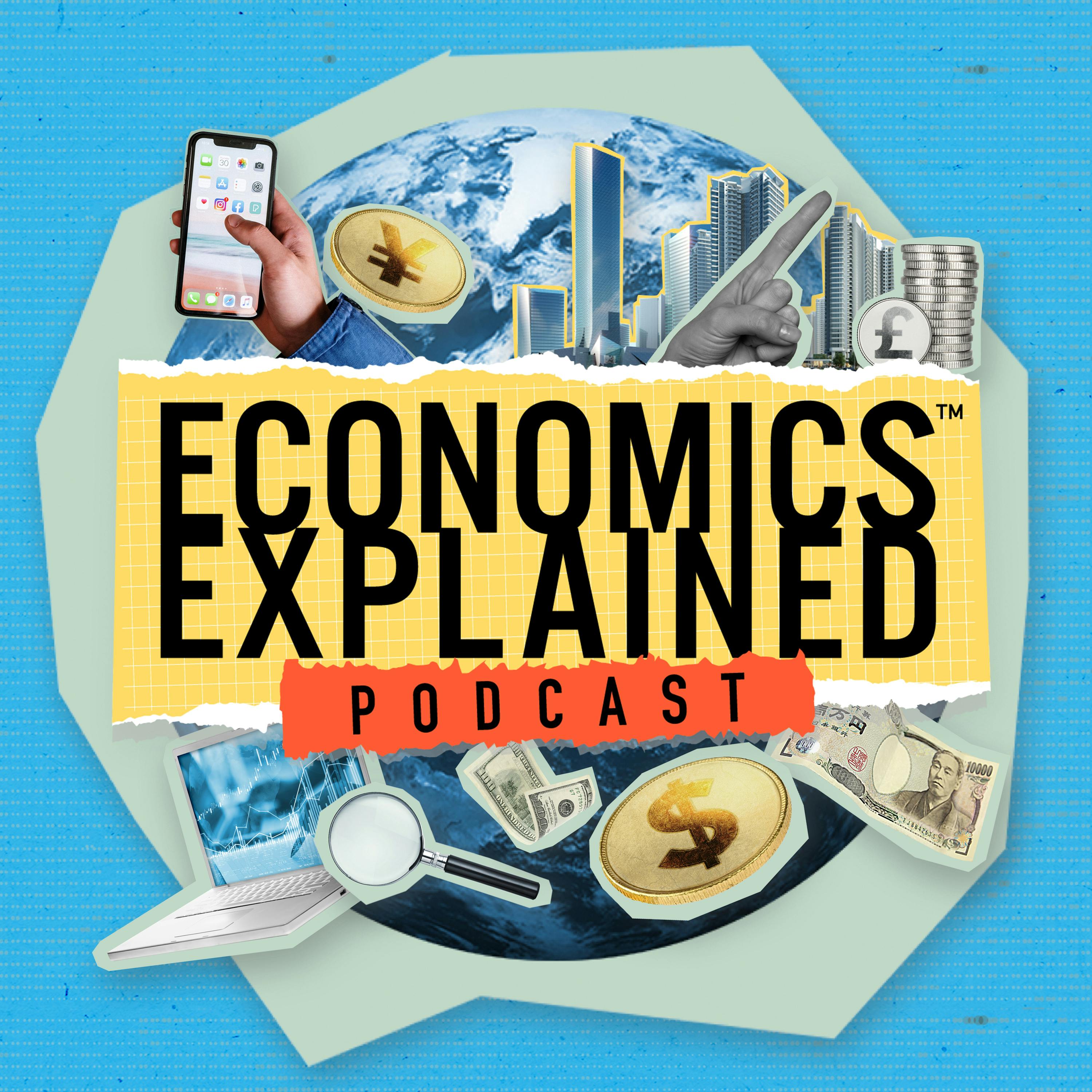We can't find the internet
Attempting to reconnect
Something went wrong!
Hang in there while we get back on track

Access AI content by logging in
The war on drugs was declared in 1971 by president Richard Nixon in a press conference that went on to outline a plan to fight the trade of controlled substances across the world. Drugs were declared national enemy number 1.
Since then over 1 trillion dollars have been spent on fighting this battle and by all metrics, it has been money poorly spent.
It’s probably no surprise to anybody that drug-related deaths and crimes have done nothing but rise over the 50 years since Nixon made this declaration.
With the benefit of hindsight, it was pretty easy to see why... you can’t fight the forces of supply and demand in unregulated markets with m16’s and government agents.
Trying to do so would be like trying to fight a hurricane by dropping bombs on it. Not particularly effective and if anything it’s just going to cause even more collateral damage.
But perhaps this is all starting to change, just last week during the election, the people of Oregon also voted on something else that will potentially have even more influence than who the next president is.
The people of the state voted to decriminalize drugs, all drugs, even the hard stuff.
This might look like waving the white flag in defeat and finally admitting that drugs have won the war on drugs. But it might also be what we should have been doing all along, fighting the war on drugs with economics.
To understand what economists mean by this we will need to look at a few key areas.
Why couldn’t the war on drugs disrupt this market?
What is driving the growth in this market?
And could legalization provide a better solution to dealing with this issue?
